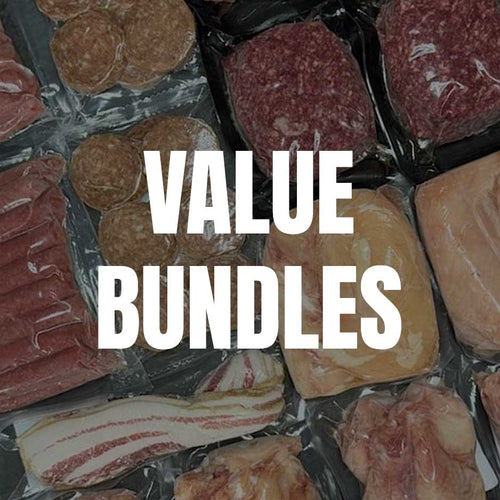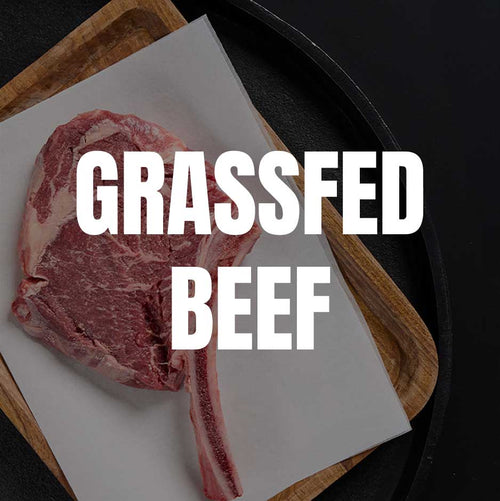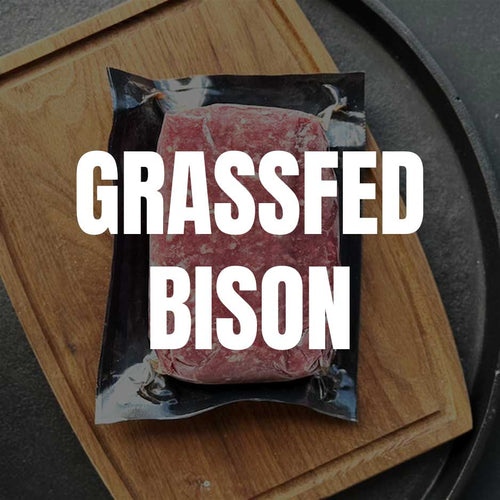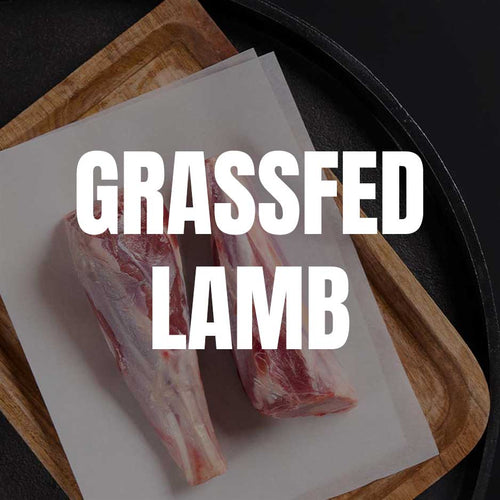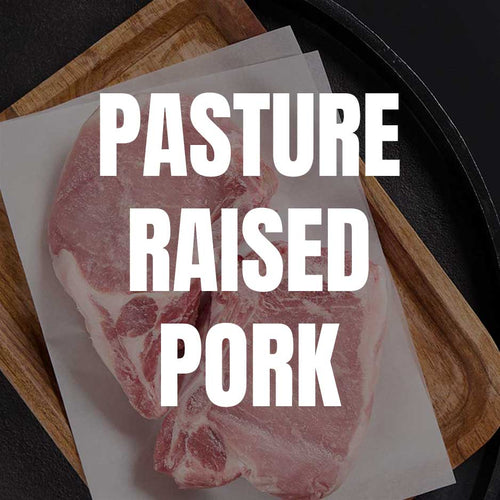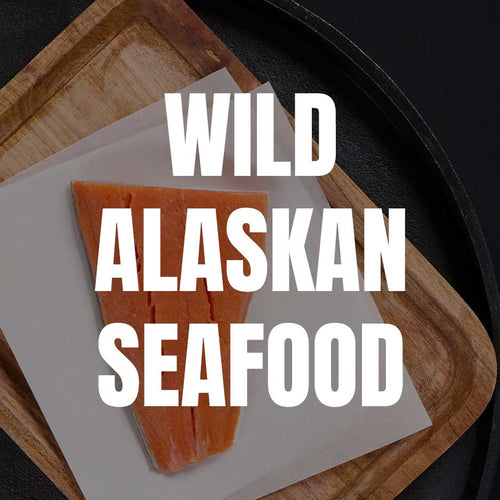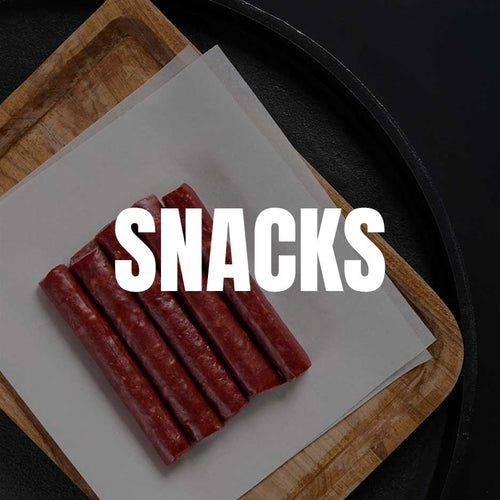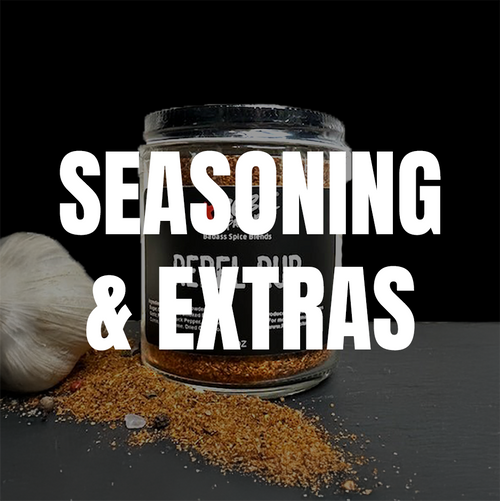
· By Justin Bajema
The Rebel Truth: A Marine’s Journey from War to Purpose
The Rebel Truth: My Story
By Justin Bajema, Cpl USMC (Ret.)
I’m Justin Bajema, a retired United States Marine Corps combat veteran and Purple Heart recipient. This is my story how a young guy who admired his World War II grandfather ended up in war twice—and why, two decades later, I’m choosing to get back in the fight in a very different way.
The Day Everything Changed
I joined the Marine Corps in May 2001. My grandpa fought in World War II in the Solomon Islands. He never talked about it. I used to wonder why. I don’t anymore.
After boot camp, I reported to the School of Infantry. The date was September 11, 2001. We saw movement outside the squad bay, and then someone came in and said a plane hit the World Trade Center. We thought maybe a small Cessna. Minutes later—second plane. That’s when we knew: this wasn’t an accident.
At first, I thought the instructors were messing with us—what we called “f***-f*** games.” They weren’t. Training intensity shifted immediately. Deep down, I knew I was going to war. Honestly, that’s why I joined the Marine Corps infantry.
“Things aren’t always what they appear to be.”
The Invasion Begins
Late December 2002, we were called back early from Christmas leave. You could feel it—something was different. The cadence on base changed. We loaded our vehicles and weapons onto the USS Kearsarge (LHD-3) and sailed through the Mediterranean to the Gulf. Then we went ashore on hovercraft into Kuwait.
March 20, 2003—the war began. Rockets lit up the sky. We crossed into Iraq, and I had The Doors’ song “The End” blasting in my vehicle. We expected chaos. Instead, nothing—at first. Then a jolt: we ran over an unexploded bomblet from Desert Storm and shredded two tires. Welcome to war.
An Nasiriyah and Ambush Alley
Three days later, we hit An Nasiriyah. The Army’s 507th Maintenance Unit had taken a wrong turn and been ambushed—the Jessica Lynch incident. Our mission was to secure the bridge that would later be called Ambush Alley.
That night, Saddam’s paramilitary forces attacked. In the chaos, we crossed fields of fire with another U.S. unit—blue on blue. Artillery started bracketing us on the road we were stuck on. We couldn’t move; mud everywhere. I sat in my vehicle and said a final prayer. We popped flares to signal we were friendly, and successfully called off a JDAM launched from American aircraft from dropping on our position.
At dawn, the ground was littered with shell casings. Hours later, Brian Anderson, a Marine from our battalion, was killed when he lifted a wire for a truck to pass and was electrocuted. We had survived hell the night before, and he died that way. That’s war.
Baghdad fell. We came home to parades. We thought it was over. It wasn’t.
Back to Iraq
By mid-2004, the insurgency in Iraq was raging. I returned with the 24th MEU, leading a convoy into Iraq. I was in the first LAV-25—the point vehicle. If there was a bomb, I’d be the one to find it.
We staged at Camp Kalsu, south of Baghdad. Within minutes, mortars rained in. I was literally zigzagging through the dust in boxers, flip-flops, flak, and Kevlar. Welcome back to Iraq.
We were the QRF—quick reaction force—for the base. We went out every day. I personally had over a hundred combat patrols that tour. The pace was relentless.
The Rollover
On a narrow canal road, I told my driver to ease left. Then—slow motion—everything tipped. Twenty Eight thousand pounds of steel rolled and pinned me under the turret. Diesel fumes. The ignition still on and running. I couldn’t move. The only thing I could use was one hand.
For forty-five minutes, they tried to winch the vehicle off me. Every attempt made it worse. The pain was unbearable. I reached for my sidearm. That day, for some reason, I hadn’t taken Doc's 9mm with me. That’s the only reason I’m still here.
When they finally freed me, my body armor plates were crushed. Those two plates of Kevlar saved my life. Physically I was wrecked, but the hit to my confidence was worse. I forced myself back into that same vehicle days later. That’s what Marines do—but it leaves a scar deeper than shrapnel.
“Purpose is everything.”
The Kill Zone
In Al Haswah, we took contact almost every time we entered. One night, the city glowed from burning fuel tankers that had just been ambushed. Another, an RPG streaked past my turret as the vehicle ahead hit an IED. We were stuck in the kill zone, so we turned into the fight. My machine gun barrel glowed red from firing.
The next morning, we took the now-iconic “toilet paper photo”—my crew and me in front of the battered LAV, holding a roll of toilet paper like a trophy. Humor was the only way to stay human.
From then on, we rolled into that city weapons hot with heavy suppressive fire. Propane bombs, homemade napalm, rooftop shooters, command-wire IEDs—you name it. You never knew if the next second was your last.
And yet there were moments of humanity. We once sat cross-legged on a dirt floor, breaking bread with a local sheikh. I got sick from that meal—but I never forgot it. Breaking bread in a war zone taught me that food can bridge divides bullets never could.
November 29, 2004 — Alive Day
Night patrol. Same canal road. We were creating patterns, and I didn’t like it. We rolled out blacked-out, night vision down.
Then—flash. Air. Silence. The IED ripped through the vehicle under my feet. I couldn’t feel my legs. My gunner, Tim, was hit too, but he dragged me out of my vehicle. I crawled to the front to see if my driver was alive and machine gun fire opened up. Tim called for Doc and shielded me with his own body. Our corpsman, Doc Sebring, tourniqueted me. The morphine didn’t touch the pain.
They called in a medivac but the Blackhawk helicopter wouldn’t land due to enemy activities around us. So instead, they threw me in the back of a Humvee and drove me full speed to a field hospital. I was then flown to Baghdad, then to Balad Air Base, then Germany, then Bethesda National Naval Hospital. Seven surgeries. One nurse had to remind me to breathe after coming out of anesthesia.
They later showed me a metal fragment the size of a deck of cards that had torn through my right foot, tunneled through my left leg, severed my left leg sensory nerves and lodged behind my knee. Twenty years later, that leg is still asleep. But they saved my leg from amputation—and that’s a gift.
Coming Home
President Bush pinned my Purple Heart in the hospital. I truly didn’t know whether to shake his hand or punch him. I had a lot of time to think and reflect in that hospital. I kept asking, Why? Why were we there? There were no WMDs.
My conclusion: money, power, and control. War is profitable for a few. That truth haunts me more than shrapnel.
When I got back to Camp Lejeune, artillery fire sent us right back to Iraq in our minds. PTSD—call it shell shock, battle stress, whatever—it’s real. I knew if they sent me a third time, I wouldn’t make it back. I was done.
In June 2005, I was medically retired. Built a house. Tried to find peace. But November hits hard—Marine Corps Birthday, Veterans Day, and my Alive Day. November weighs heavy.
“Veterans are America’s most underutilized asset.”
Get Back in the Fight
We lost guys downrange. Others took their lives back home. One of my closest buddies, a Green Beret, started Mission 22 after dealing with too many brothers choosing to end their pain. Twenty-two veterans a day—that’s the true cost of war. And the trauma doesn’t stop with the veteran. It’s carried by their families, their kids, their grandkids.
So what do you do with that? You get back in the fight.
For me, that means fighting for freedom and truth here at home—on my farm in Michigan. In 2020, Jenni and I started Rebel Pastures to create good from bad. We feed people real food and tell hard truths about systems built on control and manipulation. I learned in Iraq that breaking bread matters. Food builds community. Community saves lives.
Veteran's give a damn. We’re built to serve something bigger than ourselves, even when it hurts. That’s my mission now—raising my family, stewarding animals and land with integrity, feeding people food that heals, and standing shoulder to shoulder with veterans still fighting their invisible wars.
If you’re a veteran: you’re not alone. If you love one: keep showing up. If you eat: find a farmer you can shake hands with.
Break bread on purpose. Because we give a damn.


